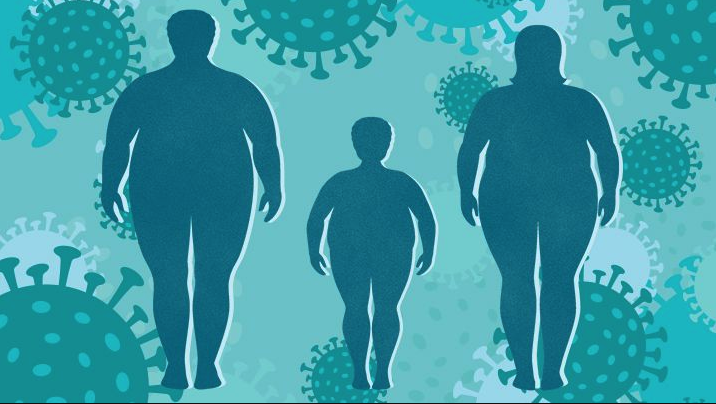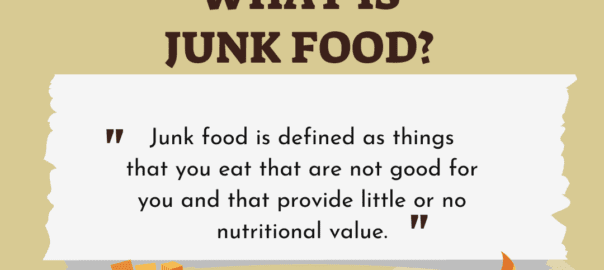Obesity & Its Lethal Ties to Covid-19
While the Covid-19 pandemic continues to surge across the nation, many researchers were tasked with better understanding the disease and risk factors that contributed to magnified symptoms or a greater chance of mortality. Several studies have indicated that although age is the leading risk factor, obesity comes in at a close second. The CDC has confirmed that obesity-related conditions seem to worsen and magnify the effects of Covid-19 which leave individuals with obesity at a greater risk of losing their life to the disease.
In another recent study it was highlight how in countries where more than 50% of the population was obese or overweight, the death rate related to Covid-19 was much higher, broken down that would mean more than 100 people out of every 100,000 passing away. In the United States, where 67.9% of the population is overweight or obese, the death rate was that of 152.49 deaths per 100,000 people.
A study cited by World Obesity Day found that over 40 systemic reviews and almost 20 meta-analyses has been published confirming a heightened need for medical services for individuals living with overweight or obesity who develop Covid-19. They found that people with obesity are more than twice as likely to need to be hospitalized, more than six times as likely to need mechanically assisted breathing, and more than six times as likely to die from the disease versus those who are not considered overweight or obese. Simply put, as your body mass index increases so does your risk of requiring hospitalization, admission to a critical care or intensive care unit, and mechanically assisted ventilation. The higher your BMI, the higher your chances of dying once you develop the disease.
It is important to understand that obesity has become an epidemic in the United States as the number of adults and children classified as obese continue to rise. As obesity rates rise, so does the prevalence of serious weight-related health conditions, such as type 2 diabetes, cardiovascular disease, stroke, certain types of cancer, and now, increased chance of developing Covid-19.
Unfortunately, people with a BMI of 40 or greater, who are often battling life-threatening health conditions due to their weight, typically do not respond well to traditional lifestyle modification weight loss methods, such as diet and exercise. While some may lose weight in the short term, weight regain is not uncommon, and many people gain back more pounds than they lost in the first place.
For many patients who suffer from obesity, the answer is in bariatric surgery. Bariatric surgery is a proven tool to help patients lose weight and keep it off long-term. Many weight loss surgery patients lose between 30 and 70 percent of their excess body weight in the first 12 months after surgery.
As obesity rates increase and the Covid-19 pandemic surges on, more and more patients are turning to bariatric surgery for help. In fact, nearly 200,000 patients will undergo weight loss surgery procedures this year. If you are considering bariatric surgery to help you lose the extra weight and help you fight against an increased risk of Covid-19, you have options. The various weight loss surgery procedures, including gastric bypass surgery, gastric sleeve and gastric banding surgery (LAP-BAND), work differently, but with the same ultimate goal: to help the patient achieve significant weight loss.
Remember, before deciding on a bariatric surgery procedure, it’s important to research the options, and have a conversation with your weight loss doctor to determine which procedure is best for you and your individual needs.
McCarty Weight Loss Center strives to provide a diverse spectrum of treatment options tailored to the individual patient in an environment of knowledgeable and caring staff.
Contact us today to learn more about your options and how weight loss can minimize your risk of Covid-19.
References:
https://www.cnn.com/2021/03/04/health/obesity-covid-death-rate-intl/index.html
https://www.worldobesityday.org/assets/downloads/COVID-19-and-Obesity-The-2021-Atlas.pdf






